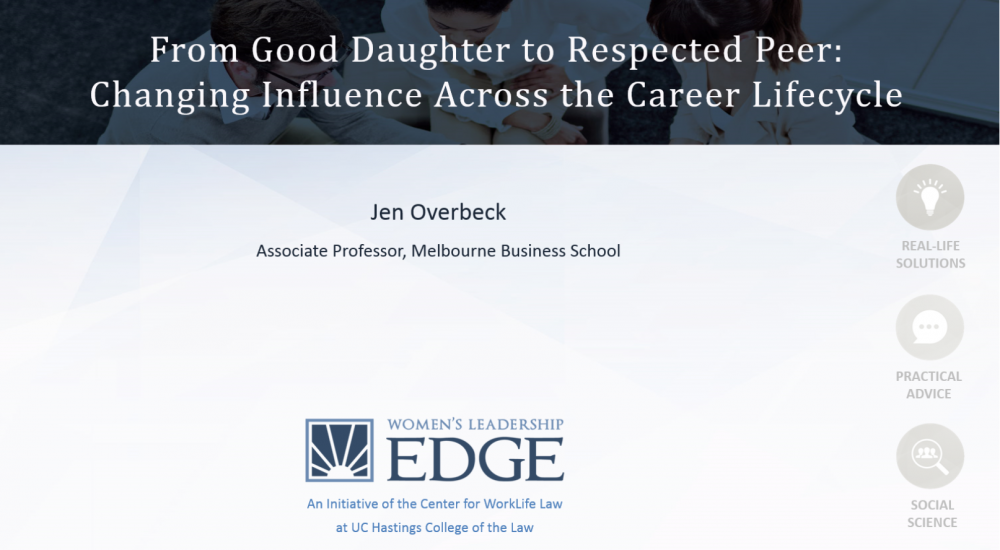Strategies that produce effective influence for early-career women (and men) can be less effective at more senior levels. Further, organizations try to identify rising talent by observing how candidates use power and influence—but both the organization and the candidate may make errors that lead to missed opportunities and flawed advancement. This webinar will explore how influence styles need to evolve over the career lifecycle—and how the organization can improve its talent management by better diagnosing the influencing skills of those on the ladder.
Continue reading...
“She’s Too Abrasive/Aggressive/Emotional” – Interrupting Bias in Performance Evaluations
Studies show that subtle gender and racial biases often creep into performance evaluations. Learn how to design and fill out performance evaluations to avoid this.
Research shows that women’s reviews are more likely to contain negative feedback, and women tend to receive different types of criticism than men. Men typically receive constructive suggestions related to additional skills to develop and growth areas, whereas women are critiqued for personality: “You come off as abrasive;” “Pay attention to your tone.” Women are often described as “bossy,” “abrasive,” “strident,” and “aggressive” when they lead, or “emotional” and “irrational” when they disagree with others. The implicit message: women should conform to prescriptive stereotypes – they should be modest, self-effacing team players. One study found that, among men and women who received critical feedback, only 2% of men received negative personality criticism, but 76% of women did.
From Good Daughter to Respected Peer: Changing Influence Across the Career Lifecycle
Strategies that produce effective influence for early-career women (and men) can be less effective at more senior levels. Further, organizations try to identify rising talent by observing how candidates use power and influence—but both the organization and the candidate may make errors that lead to missed opportunities and flawed advancement. This webinar will explore how influence styles need to evolve over the career lifecycle—and how the organization can improve its talent management by better diagnosing the influencing skills of those on the ladder.
Suggested Audience: This webinar benefits those who are in positions to affect organizational policies and practices around talent management, and those who have some voice in diversity-related policy. It also speaks to women in middle career positions who are considering how to position themselves effectively for a move to senior levels. Both women and men will benefit, though much of the content is geared toward the particular challenges women face in exercising power and influence.
Presenter: Professor Jennifer Overbeck, Melbourne Business School
CLE certificates available: California, Uniform




